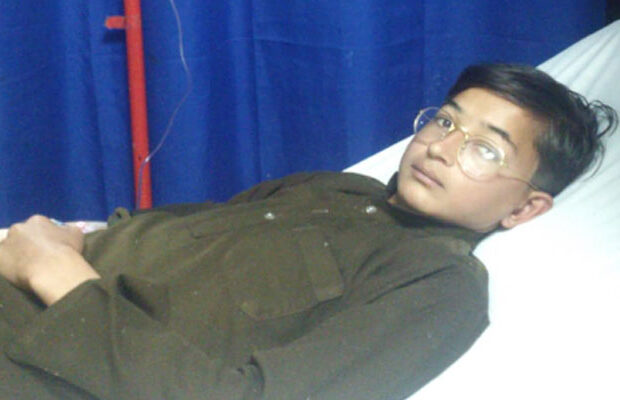Arqam Yousuf is a 16-year-old boy from Rawalpindi, Pakistan. He has severe Hemophilia B, and he was recently diagnosed with appendicitis. His physician determined that he would require an appendectomy—a procedure that is relatively routine for people without hemophilia and without any other comorbidities. For Arqam, however, undergoing the procedure without clotting factor concentrates (CFCs) or some kind of hemophilia medication would be fatal. The WFH Humanitarian Aid Program exists for people like Arqam. In 2020, the Program donated over 5.5 million IUs of factor concentrates, and over 100,000 mg of non-factor replacement therapy to Pakistan. Arqam received donated extended half-life factor IX from the Program, and this donation made it possible for him to not only undergo the appendectomy—but also to make a full recovery.
The WFH Humanitarian Aid Program has been very active in Pakistan, and has provided over 40 million IUs of donated factor to hemophilia treatment centres (HTCs) in the country since 2005. To find out more about the WFH Humanitarian Aid Program, click here.
About the WFH Humanitarian Aid Program
The WFH Humanitarian Aid Program improves the lack of access to care and treatment by providing much-needed support for people with inherited bleeding disorders in developing countries. By providing patients with a more predictable and sustainable flow of humanitarian aid donations, the WFH Humanitarian Aid Program makes it possible for patients to receive consistent and reliable access to treatment and care. None of this would be possible without the generous support of Sanofi Genzyme and Sobi, our Founding Visionary Contributors; Bayer and Roche, our Visionary Contributors; Grifols, our Leadership Contributor; and our Contributors, CSL Behring and Takeda. To learn more about the WFH Humanitarian Aid Program, visit www.treatmentforall.org.













